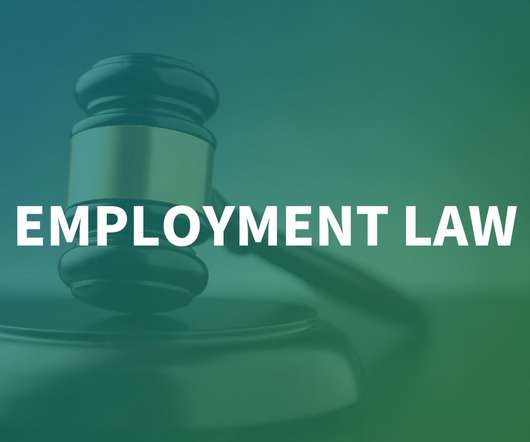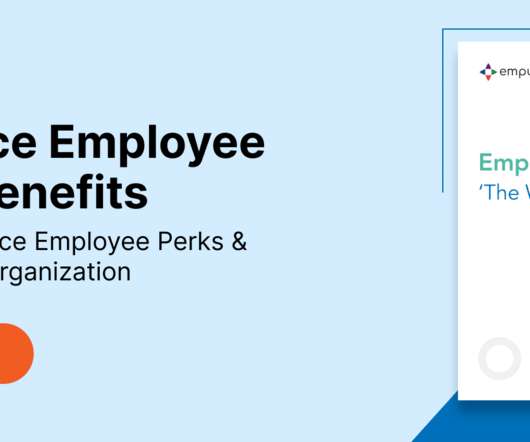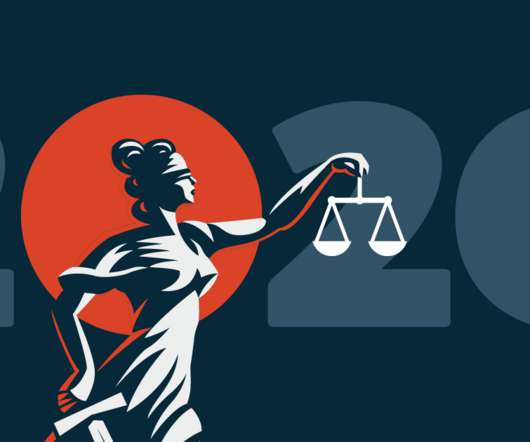Key Employment Benefits in Germany
Global People Strategist
MAY 31, 2022
In order to maintain that status, the German government is constantly in search of highly skilled talent – both locally and abroad. Key Employment Benefits in Germany: 1) Leave Entitlements: Every German employee is entitled to at least 20 days of paid leave throughout the year (assuming a five-day working week).
















Let's personalize your content